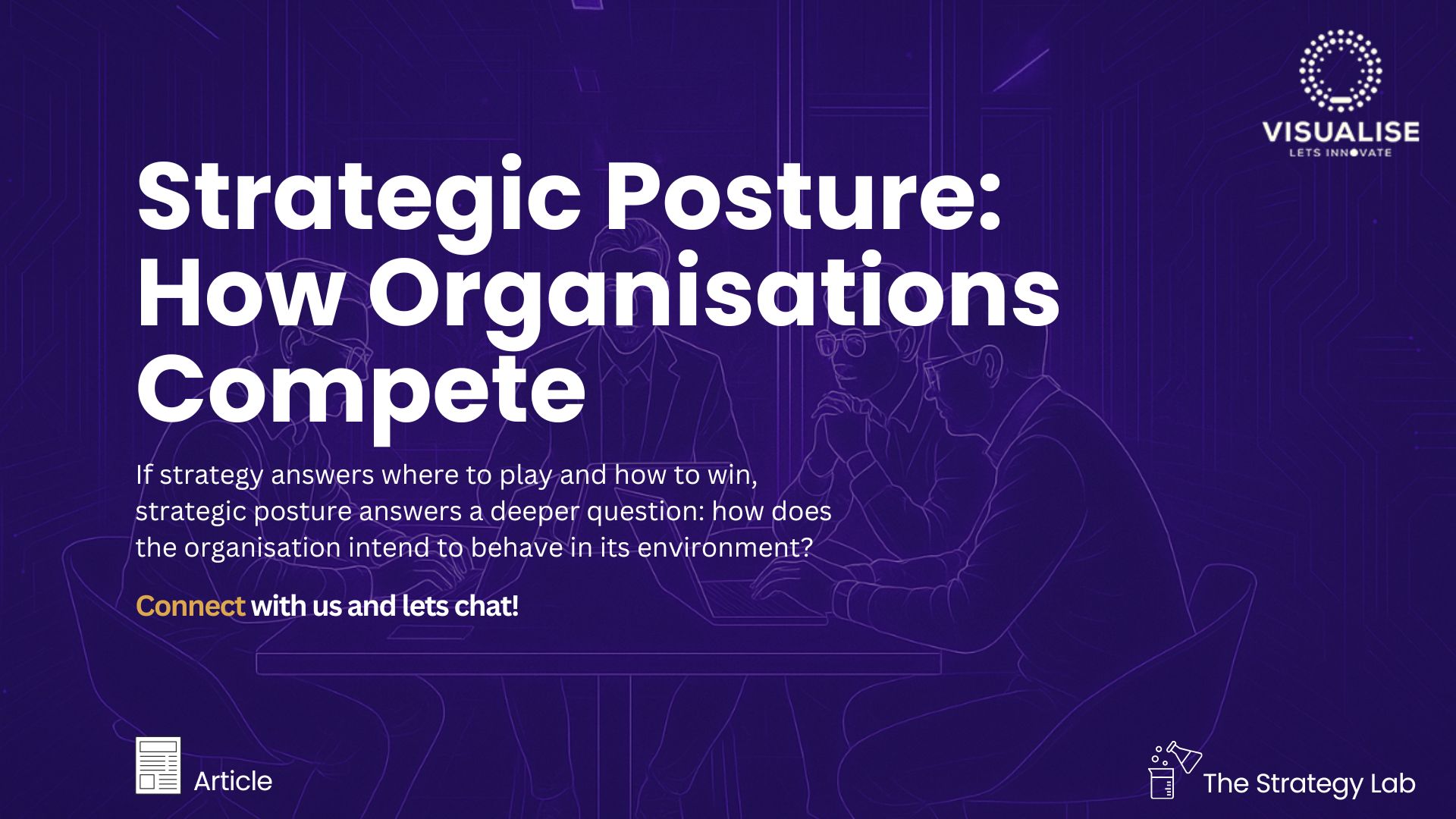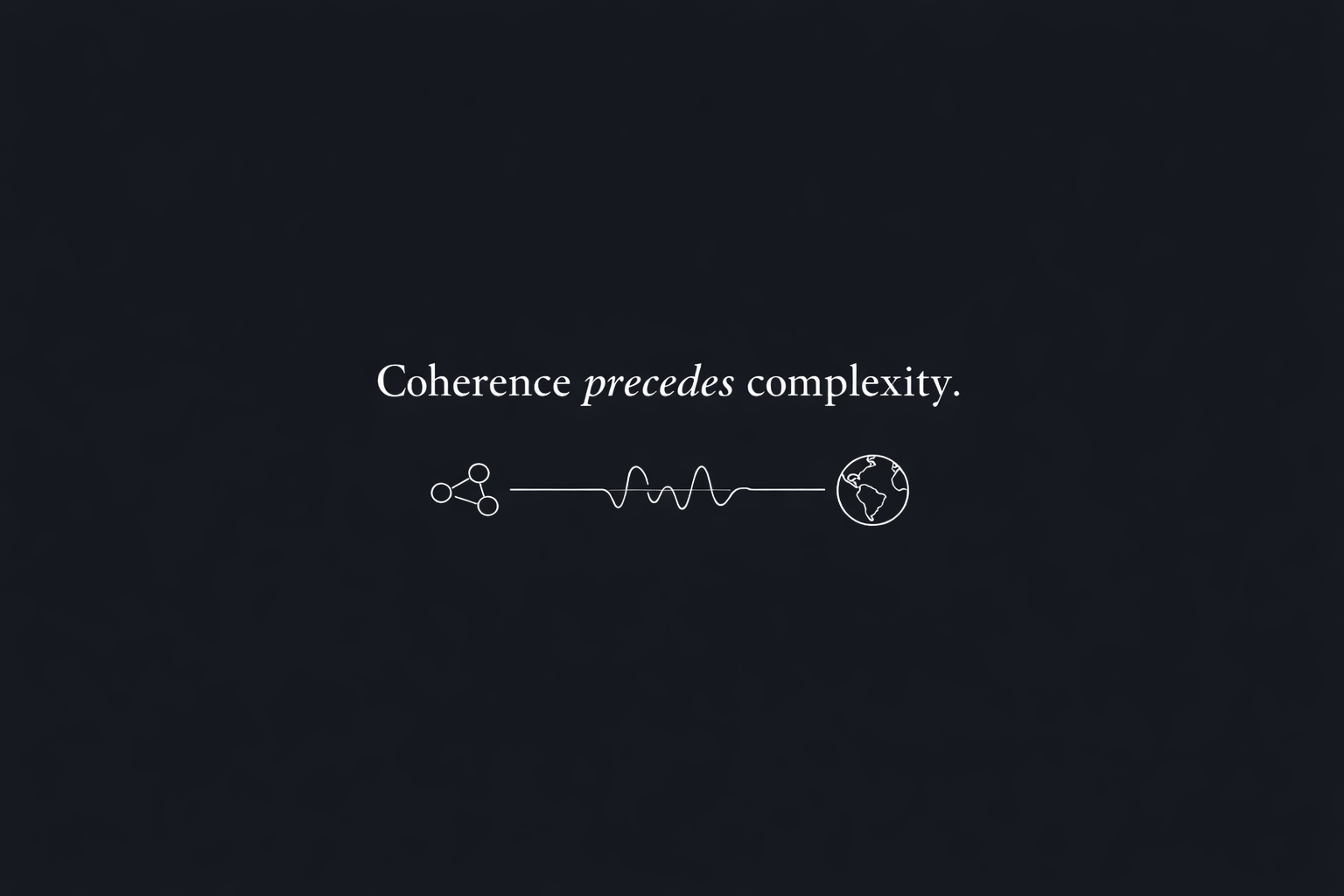Aug02

1945, World War II: The Potsdam Conference Concludes.
Happy Friday!
On this day, August 2, 1945, the Potsdam Conference concluded, marking a pivotal moment in global history and setting the stage for the post-war world order. The conference, held from July 17 to August 2, 1945, brought together the leaders of the Allied powers: U.S. President Harry S. Truman, British Prime Minister Winston Churchill (who was later replaced by Clement Attlee), and Soviet Premier Joseph Stalin. The main agenda was to discuss the administration of Germany following its unconditional surrender and to address the broader issues related to the post-war reconstruction of Europe. One of the key outcomes of the conference was the Potsdam Declaration, which outlined the terms for Japan's surrender in the ongoing Pacific War. The declaration warned of ‘prompt and utter destruction’ if Japan refused to surrender unconditionally. Additionally, the conference addressed territorial adjustments in Europe, particularly in Eastern Europe, which would lead to significant geopolitical shifts. The decisions made at Potsdam not only influenced the future of Germany but also laid the groundwork for the Cold War, as tensions between the Soviet Union and the Western Allies began to surface. The conference underscored the complexities of international diplomacy and the delicate balance of power that would define the latter half of the 20th century.
Change Leadership Lessons: The Potsdam Conference underscores crucial lessons for change leaders. The Soviet Union's staggering loss of 27 million lives during World War II, often underappreciated by other leaders, highlights the importance of understanding historical context. This factor was probably not fully understood or respected by the other leaders during negotiations. One of the most significant lessons learned from the Potsdam Conference is to have a clear change vision while embracing uncertainty. The leaders were faced with an unpredictable future, marked by shifting alliances and emerging threats, and had to be comfortable with ambiguity and willing to take calculated risks. The Allied leaders had to collaborate to achieve a common goal despite their differing ideologies and interests. Change leaders understand that clear and transparent communication is essential to building trust and ensuring alignment among their nations. The Potsdam Conference serves as a reminder that leaders who study historical precedents can better anticipate potential pitfalls and leverage successful strategies from previous experiences, providing invaluable insights into navigating present challenges. Leaders of change must manage not only their own emotions but also the sentiments of their nations or organisations. By being attuned to the emotional landscape, leaders can address concerns, build rapport, and inspire commitment to change. Change Leaders Leverage Historical Experiences.
“Change leaders, amidst uncertainty and shifting alliances, must maintain a clear vision, foster collaboration, communicate transparently, learn from history, and cultivate emotional intelligence to navigate future complexities”
Application - Understand the Context in Which the Change Will Be Implemented: The Potsdam Conference highlights the vital importance of context in implementing change. A failure to fully recognise the Soviet losses may have exacerbated post-war tensions. Characterised by growing mistrust among former allies, the conference often overshadowed discussions of wartime sacrifices. Historians debate how much the human cost influenced the outcomes of Potsdam and shaped subsequent Cold War dynamics. Some suggest that underestimating Soviet losses led to misunderstandings and increased tensions, while others argue that geopolitical and ideological factors played a more significant role in post-war relations. Neglecting to learn from historical change experiences represents a missed opportunity for effective change management. By failing to conduct a comprehensive change history assessment©, leaders risk repeating past mistakes, overlooking successful strategies, and misunderstanding the organisational context for change. This oversight fuels the organisational change management charade, increasing resistance, eroding credibility, and perpetuating ineffective practices, ultimately hindering the successful adoption and sustainability of desired changes.
Final Thoughts: As we reflect on the Potsdam Conference, how can we apply its lessons to our current leadership challenges? What historical precedents might inform our approach to navigating uncertainty and fostering collaboration in today’s rapidly changing world?
Further Reading: Change Management Charade - Leadership of Change Volume 8
Have a fantastic weekend with the ones you love and care for, enjoy some fresh air, exercise, eat, drink and be happy.
Peter consults, speaks, and writes on the Leadership of Change®. He advises CEOs on how to prepare and align their corporate leadership teams to successfully lead their organisation's change.
For further reading please visit our websites: https://www.a2b.consulting https://www.peterfgallagher.com Amazon.com: Peter F Gallagher: Books, Biography, Blog, Audiobooks, Kindle
Leadership of Change® Body of Knowledge Volumes: Change Management Body of Knowledge (CMBoK) Books: Volumes 1, 2, 3, 4, 5, 6, 7, A, B, & C available on both Amazon and Google Play:
~ Leadership of Change® Volume 1 - Change Management Fables
~ Leadership of Change® Volume 2 - Change Management Pocket Guide
~ Leadership of Change® Volume 3 - Change Management Handbook
~ Leadership of Change® Volume 4 - Change Management Leadership
~ Leadership of Change® Volume 5 - Change Management Adoption
~ Leadership of Change® Volume 6 - Change Management Behaviour
~ Leadership of Change® Volume 7 - Change Management Sponsorship
~ Leadership of Change® Volume A - Change Management Gamification - Leadership
~ Leadership of Change® Volume B - Change Management Gamification - Adoption
Coming Summer 2024:
Change Management Charade - Leadership of Change Volume 8
Keywords: Business Strategy, Change Management, Leadership
 HR Is Designed to Maintain. Succession Planning Demands It Transform.
HR Is Designed to Maintain. Succession Planning Demands It Transform. AI and Embedded Connectivity: A New Era of Smart Devices
AI and Embedded Connectivity: A New Era of Smart Devices Strategic Posture: How Organisations Compete
Strategic Posture: How Organisations Compete Coherence Before Complexity
Coherence Before Complexity The Corix Partners Friday Reading List - February 20, 2026
The Corix Partners Friday Reading List - February 20, 2026